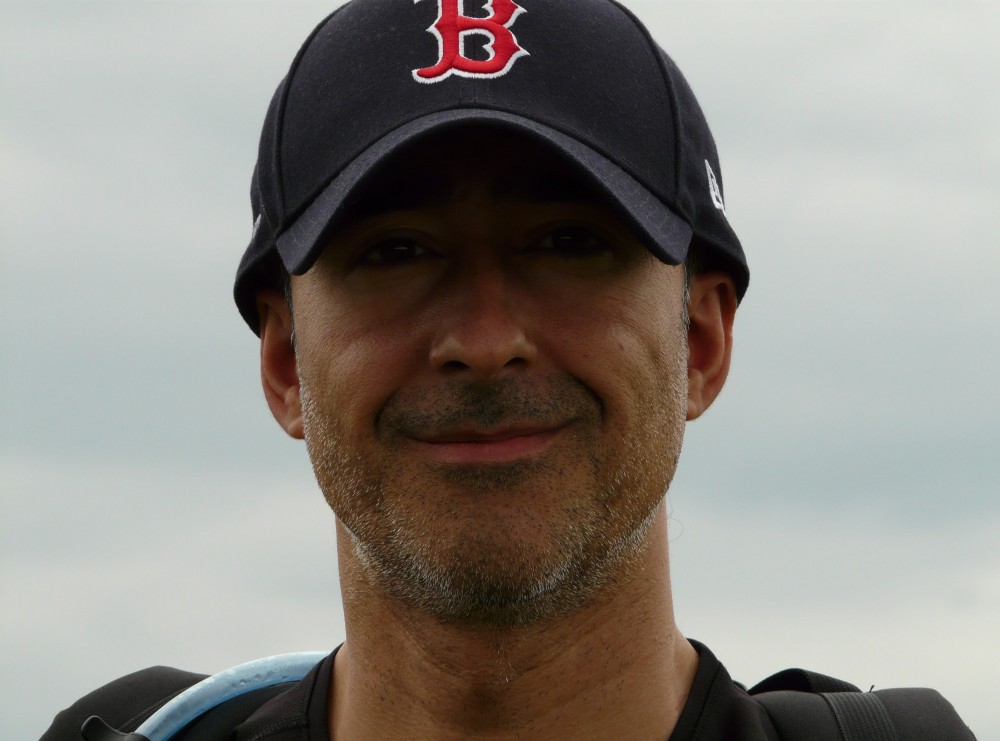What causes ageing?
It's attractive to think of ageing as the accumulation of damage (like a car or washing machine) at a cellular level (e.g. reactive oxygen species damage). However, there has been a turn away from the idea of death through the accumulation of cell damage due to the lack of experimental evidence that shows any benefits when changes are made to reduce this damage.
Recently, there has been a trend of thought that says simply turning down those pathways associated with growth may make the body work better for longer.
When doing research its useful to look at exceptions to the rule.
For ageing, the Marine Hydra is very interesting as it seems to be immortal (this paper did a statistical analysis of mortality over a 4 year period of a population of marine hydra: http://www.biochem.uci.edu/steele/PDFs/Hydra_senescence_paper.pdf).
However, a problem with studying them for the purposes of tackling human-related ageing is that you can't make a change to make them live longer.
Studies in comparative ageing (i.e. animals of the same species) on the other hand are very interesting. E.g. worker ants have a lifespan of several weeks but the queen ant can live for years. And there are clams that have similar properties.
One factor in ageing seems to be telomere shortening (ends of chromosomes – the idea is that they get so short that you can't function) however this varies in animals. But flies don't have telomere shortening and still age. Also mice have ridiculously long telomeres and age. More on telomere shortening in this TED talk: http://m.youtube.com/#/watch?v=pbqi-v-mKts
Another factor is diet. Calorie restriction (e.g. a reduced daily calorie intake of 2/3 your normal calories such as around 1600 to 2000 calories for male adults – http://www.webmd.com/diet/features/estimated-calorie-requirement or a 5:2 diet (i.e. intermittent fasting (aka IF)) where you have 600 calories (or 500 calories for women) for 2 days of the week) can have an impact on life duration and cognitive ability. The NHS has a page on the diet, originally written in Jan 2013 but updated in May 2013, here: http://www.nhs.uk/news/2013/01January/Pages/Does-the-5-2-intermittent-fasting-diet-work.aspx. Briefly:
Does IF increase life span? This study, whilst a small sample, would indicate it does: http://eresveratrol.com/content/00/01/43/84/95/userimages/ADCR_JBJ_MH.pdf
Does IF improve cognitive ability? This study, whilst limited to mice, is also affirmative: http://matsuokalab.georgetown.edu/pubs/2007%20Neurobiol%20Dis%20Caloric%20restriction.pdf
Does IF prevent diseases? This 2007 clinical review on IF (specifically alternate day fasting) indicates it does have a preventative effect on heart disease, type 2 diabetes and cancer in animals but says further studies are necessary for humans: http://ajcn.nutrition.org/content/86/1/7.full.pdf
Aubrey de Grey claims that someone may already be alive today that could live to 1000 due to the bridge to a bridge effect of solving sufficient age-related diseases now to get to the stage where the really difficult age-related diseases are solved. More on him here: http://en.wikipedia.org/wiki/Aubrey_de_Grey
And a Royal Society discussion on “Is Growing Old An Illness” here:
http://royalsociety.org/events/2013/ageing-cafe/

